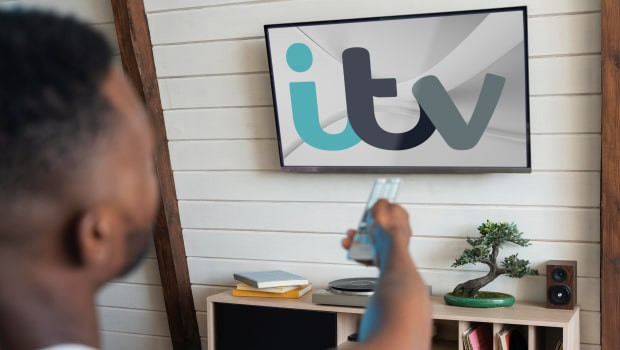ITV profit surges but shares drop on spending concerns

ITV's annual profit surged as the broadcaster's revenue rebounded from the Covid-19 crisis but the company's shares dropped sharply on concern about its spending plans.
FTSE 100
8,291.68
17:04 25/11/24
FTSE 350
4,571.01
17:14 25/11/24
FTSE All-Share
4,526.42
17:14 25/11/24
ITV
71.15p
17:14 25/11/24
Media
13,114.61
17:15 25/11/24
Operating profit rose 46% to £519m in the year to the end of December from a year earlier as external revenue increased 24% to £3.45bn. ITV proposed a final dividend of 3.3p a share based on a notional annual payout of 5p a share.
The FTSE 100 company said it would invest about £1.23bn in content in 2022 as part of a plan to double digital revenue to at least £750m by 2026. ITV will invest £20m in digital-first content in 2022 and £160m in 2023 for its ITVX integrated streaming platform which will launch in the fourth quarter.
Revenue at ITV studios, the company's production arm, rose 28% to £1.76bn and was down 2% from 2019 before the pandemic. Sales were boosted by Love Island and the dramas Unforgotten and Line of Duty.
At the media and entertainment broadcasting business revenue rose 21% to £2.28bn supported by record advertising revenue during programmes such as Love Island, the Masked Singer and the delayed 2020 Euros, in which England reached the final.
ITV shares fell 14% to 95.5p at 08:54 GMT - their lowest value since November 2020.
Richard Hunter, head of markets at Interactive Investor, said ITV's results were good but that investors were wary about its spending plans and the threat of streaming giants such as Netflix and Amazon.
"Leading up to these results, the market had reacted with some cynicism to ITV’s lofty ambitions and the share price reaction today reflects a mauling by the bears, with a concentration on the investment spend needed and the strength of the competition rather than improving prospects," Hunter said.
The pandemic speeded up the trend towards people watching TV on streaming services and devices such as tablets instead of switching on at the time of broadcast. ITV is trying to stay abreast of this change by increasing its digital output while also making money from producing shows to sell.
Carolyn McCall, ITV's chief executive, said: "ITV's operational and financial performance in 2021 saw a significant rebound after the adverse impact of the Covid-19 pandemic in 2020.
"While government-imposed lockdowns and containment measures in the UK and internationally continued sporadically during the year, the majority of our productions returned, operating efficiently and mitigating many of the challenges that Covid-19 still posed globally."